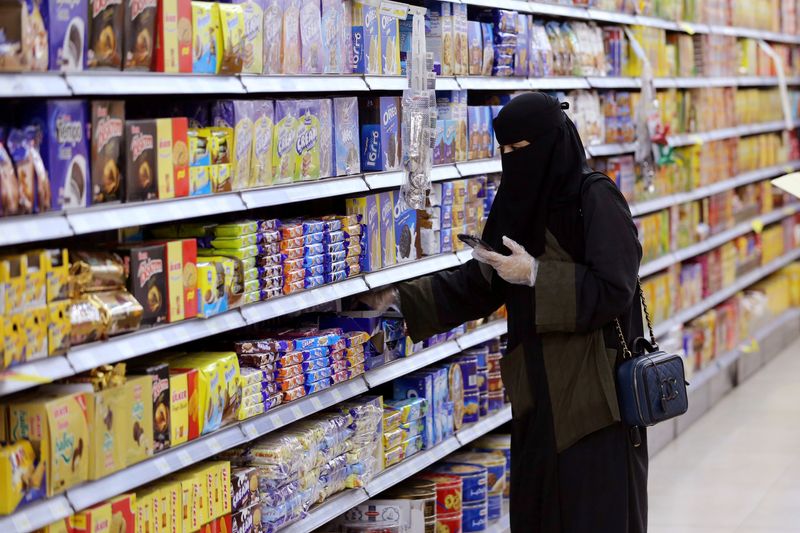WASHINGTON (Reuters) - Banks in the Middle East and Central Asia have very limited exposure to last month's banking turmoil in the United States and Europe, but financial pressures are adding to strains caused by high interest rates, volatile oil prices and years of double-digit inflation, a top IMF official said on Saturday.
Jihad Azour, director of the International Monetary Fund's Middle East and Central Asia department, said the banking sector strains came on top of tighter monetary policies that raised rates and reduced accessibility to finance.
Azour said there was an increasing gulf between countries that had good credit and were able to access the markets, including Morocco, Jordan and oil exporters, and others who were struggling.
"We are worried because the matrix of risks keeps growing: high interest rates, volatility in oil prices, geopolitical tensions, and it's the third year in the row where you have double-digit inflation," he said.
Stability in the financial sector was not the primary concern, he said, trumped for now by worries about high debt levels, the risk of social unrest and the ability to maintain tight policies because of pressures on the social front.

"We see vulnerabilities going up again, and this is why countries are encouraged to do more structural reforms, to inch up their growth by at least one or two percent," he said. "And they have a window of opportunity with governments now willing to do more, and not to put money in the central bank coffers."
The IMF on Thursday forecast that GDP growth in the Middle East and North Africa region will slow to 3.1% in 2023, from 5.3% a year ago.